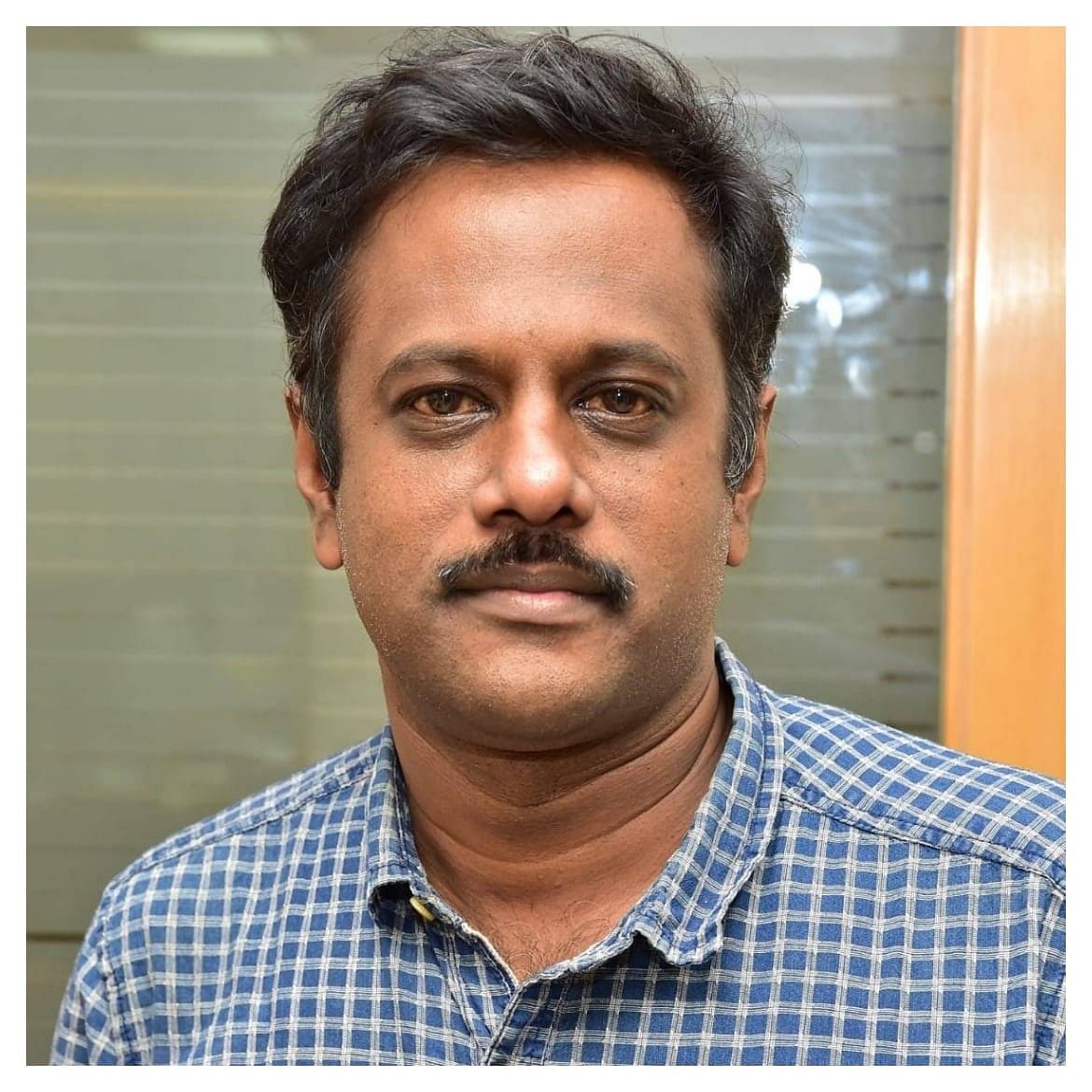DGCA tightens alcohol consumption rules for pilots
A mouthwash or a tooth gel, which have alcohol content, can now land a pilot or a crewmember of a flight in trouble.
The Directorate-General of Civil Aviation (DGCA) is now in the process of revising the Civil Aviation Rules on medical examination for alcohol consumption. The regulator has now come up with proposals like this for the consideration of airline operators, who should send their comments by November 22.
In another suggestion, not only pilots and crew but also staff tasked to taxi the aircraft should also undergo pre-flight alcohol tests.
“While conducting pre-flight medical check for alcohol, in addition to breath analyser test, the doctor will perform a quick visual examination of the crew members. In case of clinical suspicion, the doctor or para-medical staff would perform a detailed examination,” it said.
The draft said even when the alcohol levels in the blood are zero, there could be some effects of hangover. “Two ounces of whiskey will raise the alcohol level to 50 mg. The amount of alcohol in a can of beer is approximately the same as in a single mixed drink. Wine, champagne, ale and other alcoholic beverages have same effects as liquor, though the concentration of alcohol varies from one beverage to the other and more volume is required to obtain the same amount of alcohol in blood stream,” it says.
“It is known that a low alcohol level in blood, between 30 mg and 50 mg, disturbs the sensor-motor, visual and cortical reaction. There is significant deterioration in psychomotor performance even at relatively low alcohol concentrations in blood. Should an emergency occur, the crew who has alcohol in his system is just that much less capable of dealing with the problem,” it adds.
The aviation regulator is planning to ease certain provisions to enable the airline operators on the medical examination, allowing them to utilise paramedical staff for conducting alcohol tests. The existing rules formulated in November 2009 have said that only a doctor, at least an MBBS degree holder, should conduct such tests.
Once approved, the new test could mean job openings for paramedics in aviation sector. The DGCA proposes full-time jobs in airlines’ base and in other places, they can recruit on contract basis. The operator can also take the services of paramedics duly trained for the purpose, for conducting such tests in destinations outside India.
The new proposal includes breath analyser test for all aircraft maintenance personnel authorised for taxing aircraft before undertaking any taxi operation of the aircraft. If found positive for alcohol consumption, the personnel should not be permitted to undertake such operations. Any crew member who is undergoing medication shall consult the company aero medical expert before undertaking flying assignment, it says.
In August, the DGCA had come up with guidelines for chopper operations, which included deployment of doctors at helipads to check whether the pilots are drunk. Same month, the regulator came up with a draft on cabin crew’s medical examination, which suggested that cabin crew found medically unfit would not be able to fly.
